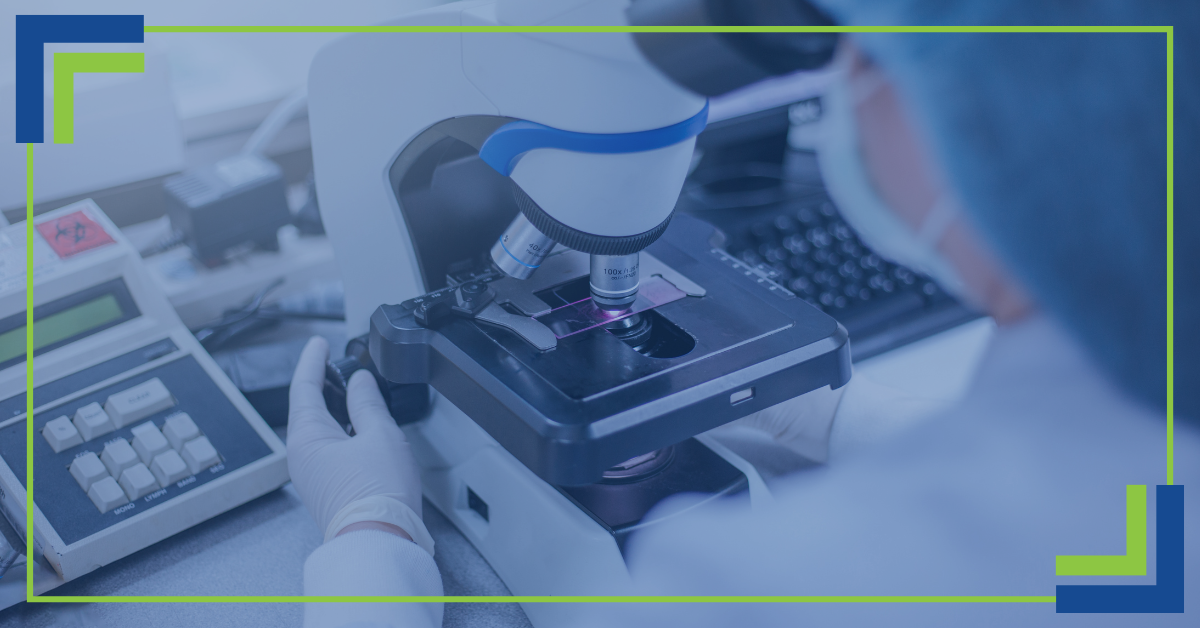
What’s the first thing that comes to mind when you hear the word “laboratory?” It’s probably a microscope, and for good reason. It’s an essential piece of equipment in a lab setting. There are plenty of other pieces of equipment that hold a similar level of importance when it comes to research. Without them, many aspects of science would be unable to advance. Even the brightest minds need them for their research. Your lab may be on a tight budget, but you have to have these machines and gadgets. That’s where used lab equipment comes in!
Benefits of Buying Used Lab Equipment
One of the most significant advantages of opting for used equipment is the cost savings. Equipment that’s fresh off the production line can have sky-high price tags that either strain your budget or exceed it entirely. If it’s used, it can be acquired at a better price point.
Of course, used products always come with the uncertainty of whether or not they’ll work. At BaneBio, our quality control and testing process is second to none. If it doesn’t meet the original specs and offer excellent performance and longevity, we don’t list it for sale.
As if those incentives weren’t enough, buying used helps the environment! By purchasing second-hand, you’re trimming down electronic waste and promoting an attitude of sustainability in yourself and your lab. With sustainability becoming a prominent talking point in pretty much every industry, eco-friendly practices like this contribute to global green initiatives!
Key Considerations When Purchasing Lab Equipment
Just because we guarantee the quality of our used equipment, that doesn’t mean every seller follows suit. If you’re shopping around, here are a few things to keep in mind.
- Equipment Condition: No matter who you’re buying from, always check the condition of the equipment.
- Seller Credibility: Even if a piece of equipment looks like it’s in pristine condition, don’t buy without doing research on the seller. Reputable ones will give you detailed information and records about the used lab equipment you’re considering.
- Warranties or Guarantees: These are essential when it comes to used equipment of any kind. It’s disheartening enough when something breaks. It’s even worse when you can’t get your money back for it.
Types of Used Lab Equipment
We all know about the microscope. It gets all the attention, but we want to go over the unsung heroes of the laboratory. Without them, you probably won’t get far in some of your research projects.
Autoclaves
These are essential for sterilizing your equipment and materials. Because of their use of high pressure steam, viruses and bacteria run in fear from them. That said, there are different autoclave types that are specialized according to sterilization needs. These types range from gravity displacement, pre-vacuum, and steam generator.
When you’re purchasing an autoclave, here are a few factors to keep in mind to make sure you make the right call.
- Size: Can the autoclave you have your eye on handle the kind of sterilization your lab requires?
- Cycle Time: Look for models that offer efficient cycle times so you can maximize your productivity.
- Temperature Range: Can it reach the temperatures required to meet your sterilization needs?
Ultrasonic Cleaners
These are similar to autoclaves in that they’re used to clean equipment. However, the difference comes in the method. An ultrasonic cleaner gets the job done with high-frequency sound waves that can remove contaminants from complex and delicate surfaces. They’re fast and efficient, and they require minimal manual intervention.
If you’re in the market for one of these essential cleaning tools, consider these factors:
- Frequency: If you have delicate items, aim for high frequency. Need more robust cleaning done? Lower frequency is up to the task.
- Capacity: Make sure the tank in the ultrasonic cleaner is large enough to handle your average cleaning load.
- Power Output: The higher the power output, the more efficient. This may not be necessary for the less complex equipment, however.
Incubators
If you’re dealing with microbial and cell cultures in any way, an incubator is essential for cultivation. CO2 incubators are ideal for cell culture, while refrigerated ones are used for low temperature storage and experimentation.
When you’re trying to make a decision on a used incubator, consider these:
- Temperature Control: Accurate temperature control is a must in any incubator.
- Humidity Levels: Depending on the application, you may need precise humidity control.
- Interior Space: Does the model you’re considering offer enough space for your samples?
We’re the Supermarket for Your Used Lab Equipment!
Purchasing used lab equipment can be a boon for your laboratory. Between the cost savings, quality assurance, and other benefits we offer, it’s well worth your consideration over the shiny new stuff. By considering things like condition, seller credibility, and warranties (areas we excel in), you can get your hands on high quality equipment and save money doing it!
Are you ready to outfit your lab with top-quality tools? Reach out to BaneBio at the scientific supermarket and enhance your research!






